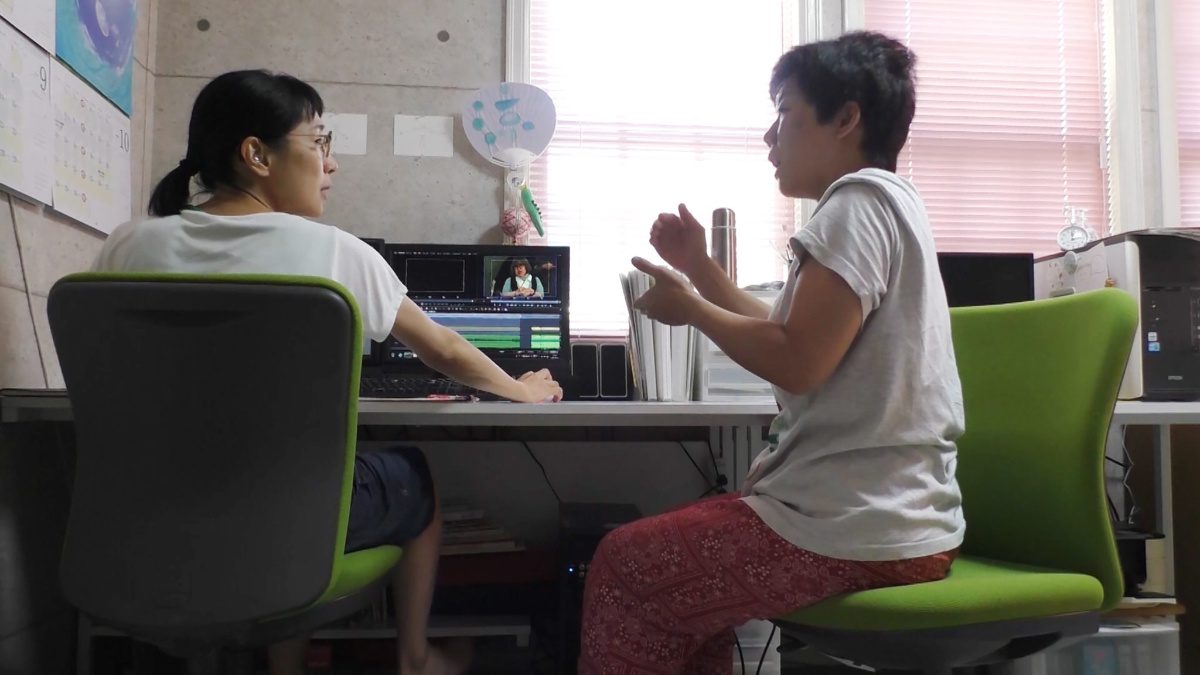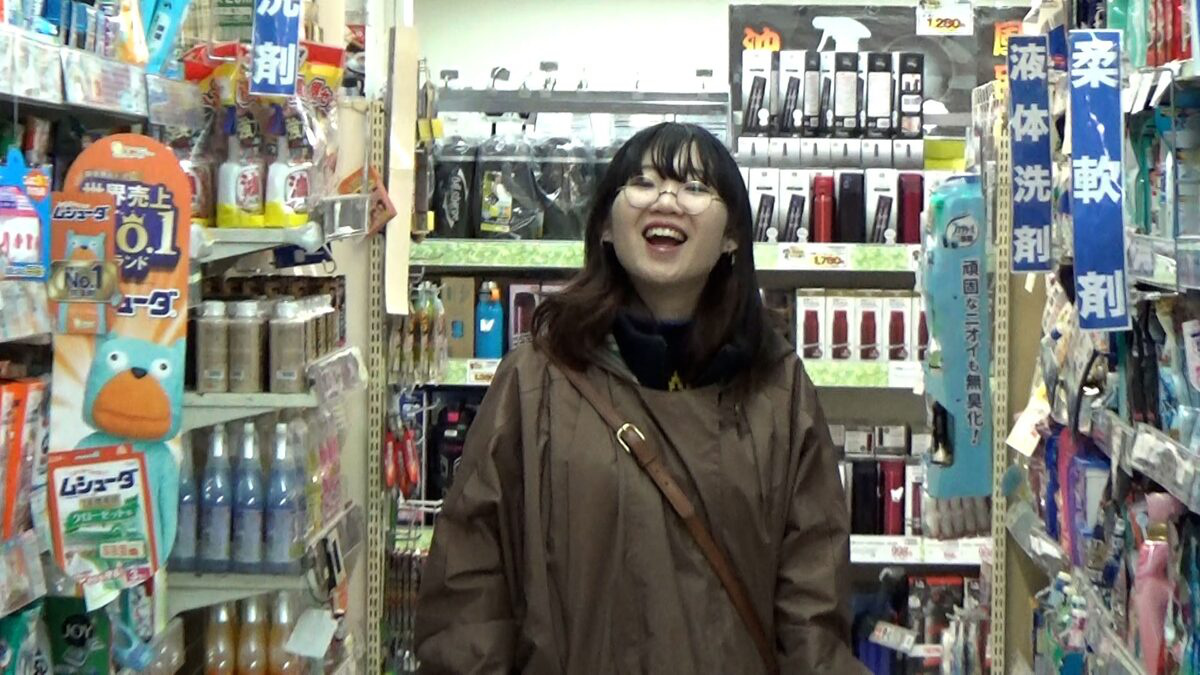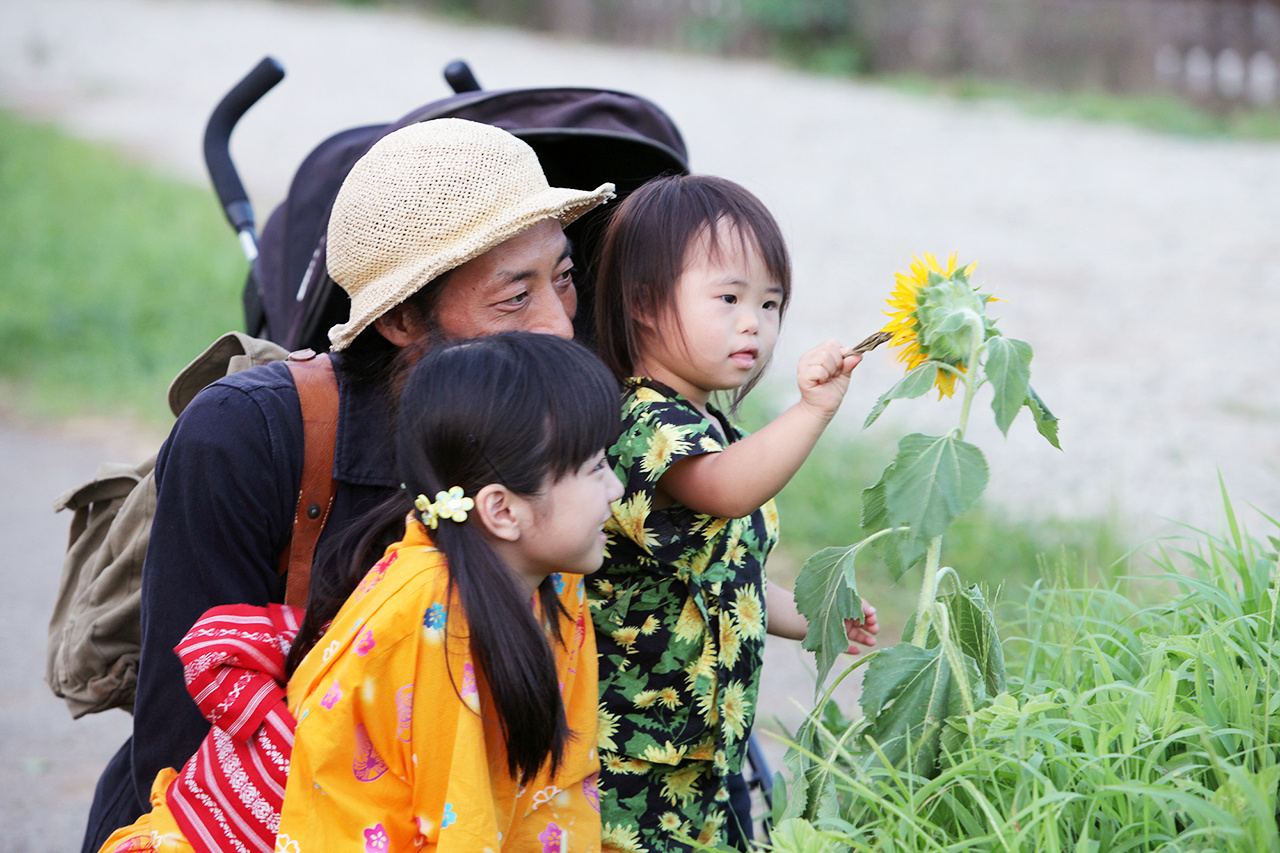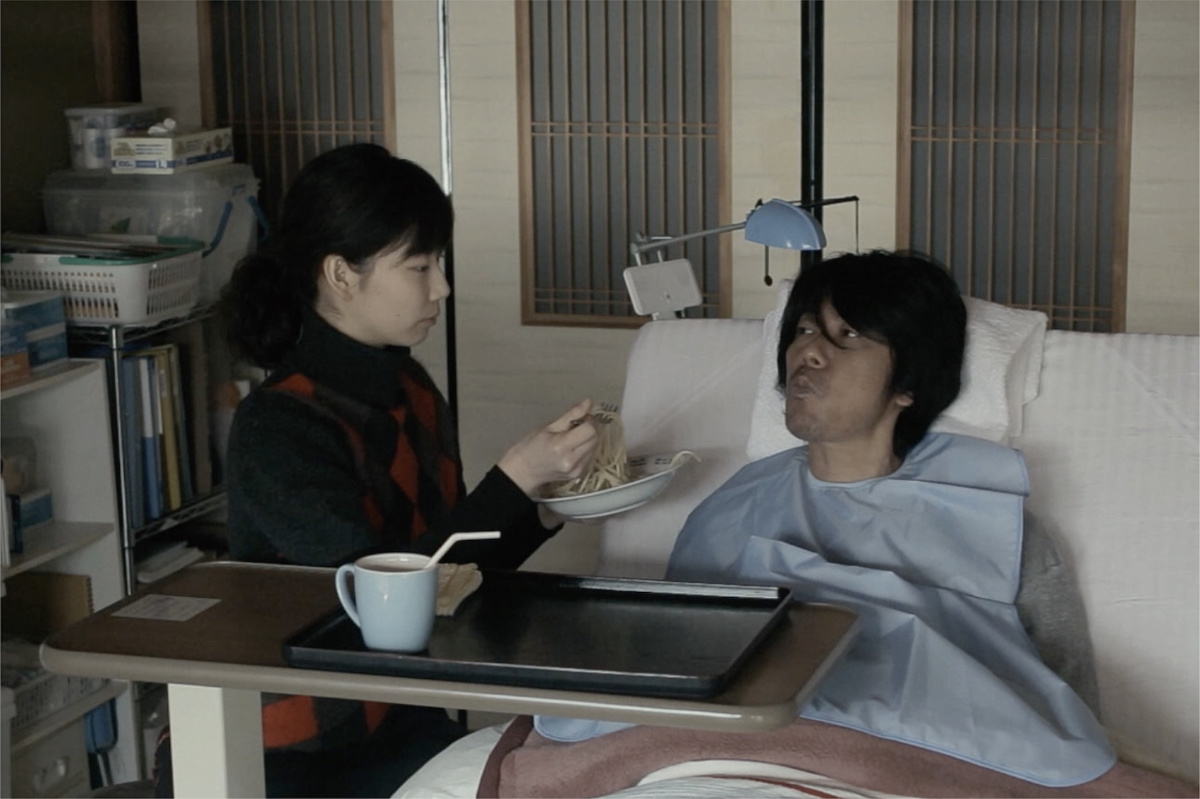Until Rainbow Dawn
Takahashi Hana and Hoshino Ayumi are two deaf women who meet at a sign language society. Though bewildered by her attraction to someone of the same sex, Hana begins dating Ayumi. Some time later, Hana returns to her family home. When she tells her parents about her relationship with Ayumi, she could not foresee being rejected by her usually supportive mother. Shocked by her mother’s rebuff, Hana nevertheless is unable to sever her ties with Ayumi. Meanwhile, Ayumi is unable to bear the sight of Hana’s distress and invites her to a hearing impaired LGBT event taking place in Tokyo which she found out by chance. There the two meet and engage with deaf LGBT people for the first time and gradually, Hana’s heart starts to blossom. Imai Mika’s movie has been making the rounds at LGBTQ specific film festivals around the world, placing focus more on the two women’s love story than the fact the movies performers and its director (plus a good portion of the staff) are themselves hearing impaired. It would be …






